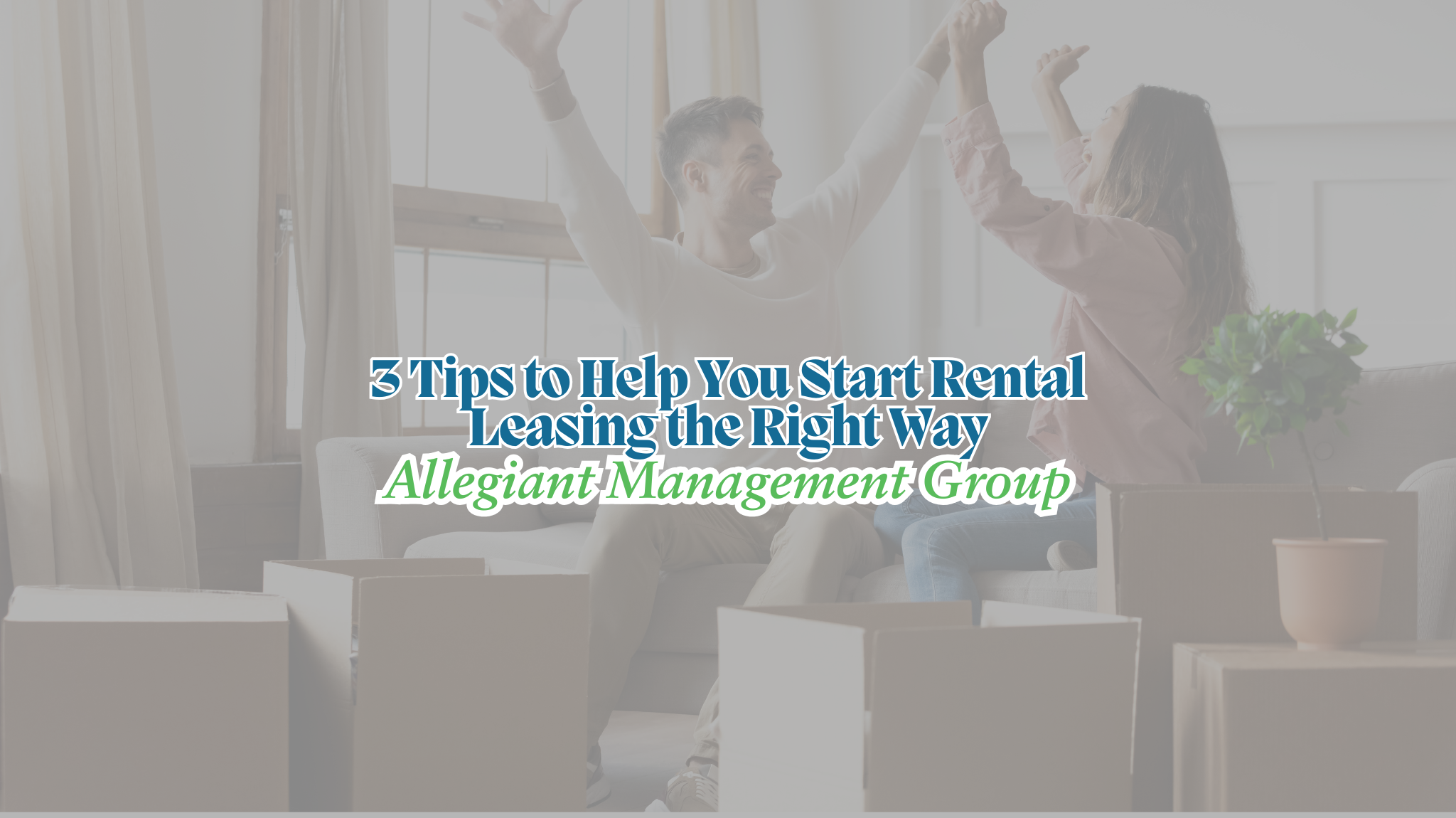Blog Updated: 05/06/2025
3 Rental Leasing Tips Every New Landlord Should Know
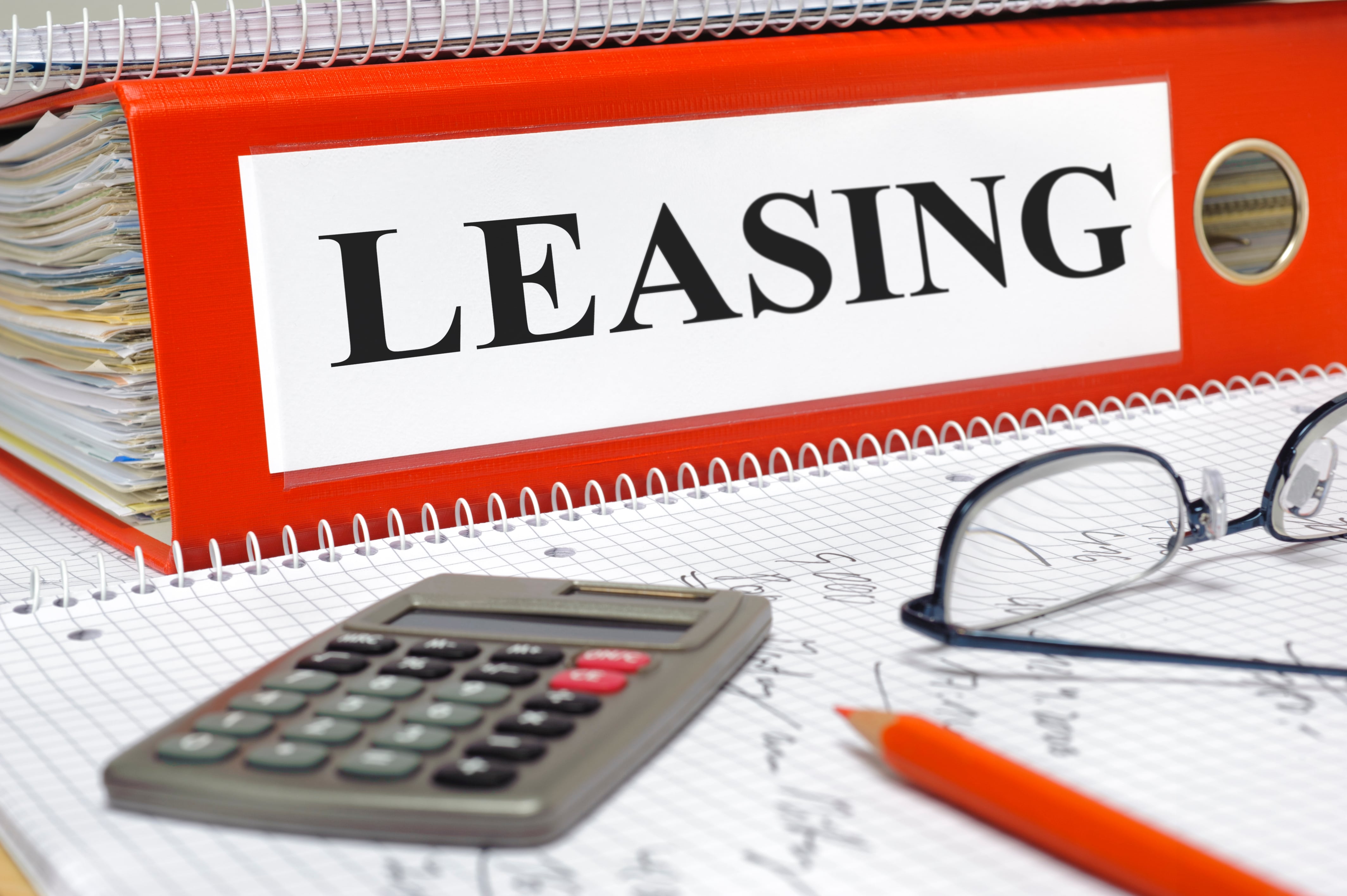
Approximately 36% of Americans live in rental properties—making rentals a valuable way to earn passive income. But as a new landlord, avoiding costly mistakes means starting with the right plan.
If you’re just getting started with property leasing, fine-tuning your lease agreements and carefully screening tenants is key.
Our Kissimmee, Florida-based property management experts are here to help. Keep reading to learn three essential tips for new landlords!
1. Thoroughly Screen Your Tenants
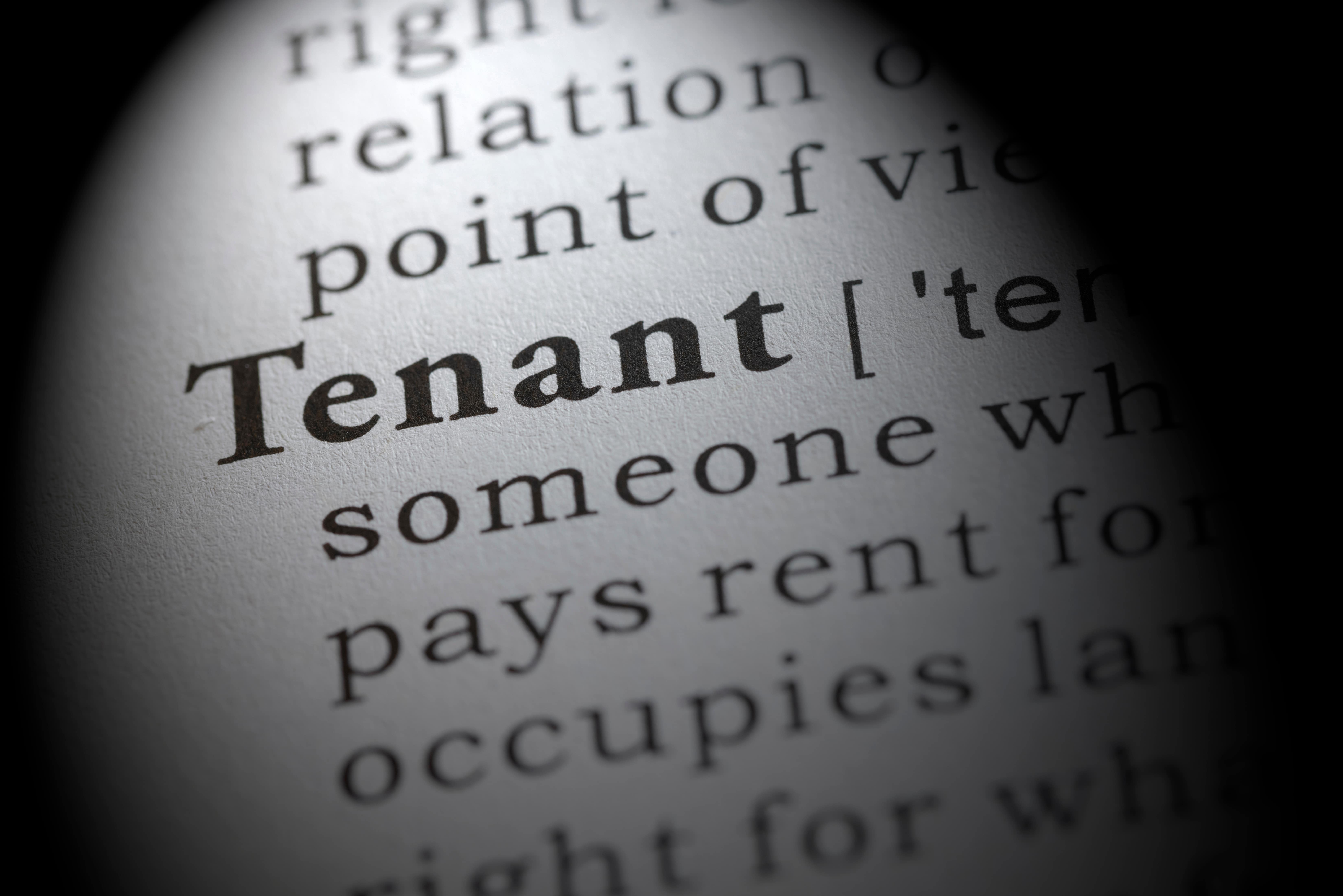
The ideal tenant is trustworthy, financially stable, and respects your property. But keep in mind—applications don’t always tell the full story.
A thorough screening process protects your rental and helps avoid late payments or evictions later. Don’t skip important steps just to save money upfront—it could cost you more down the road.
Here’s what to include in a complete tenant screening checklist:
- Pre-screening interview
- Credit check
- Employment verification
- Criminal background check
- Full credit report
- Eviction history
2. Personalize Your Lease Agreement
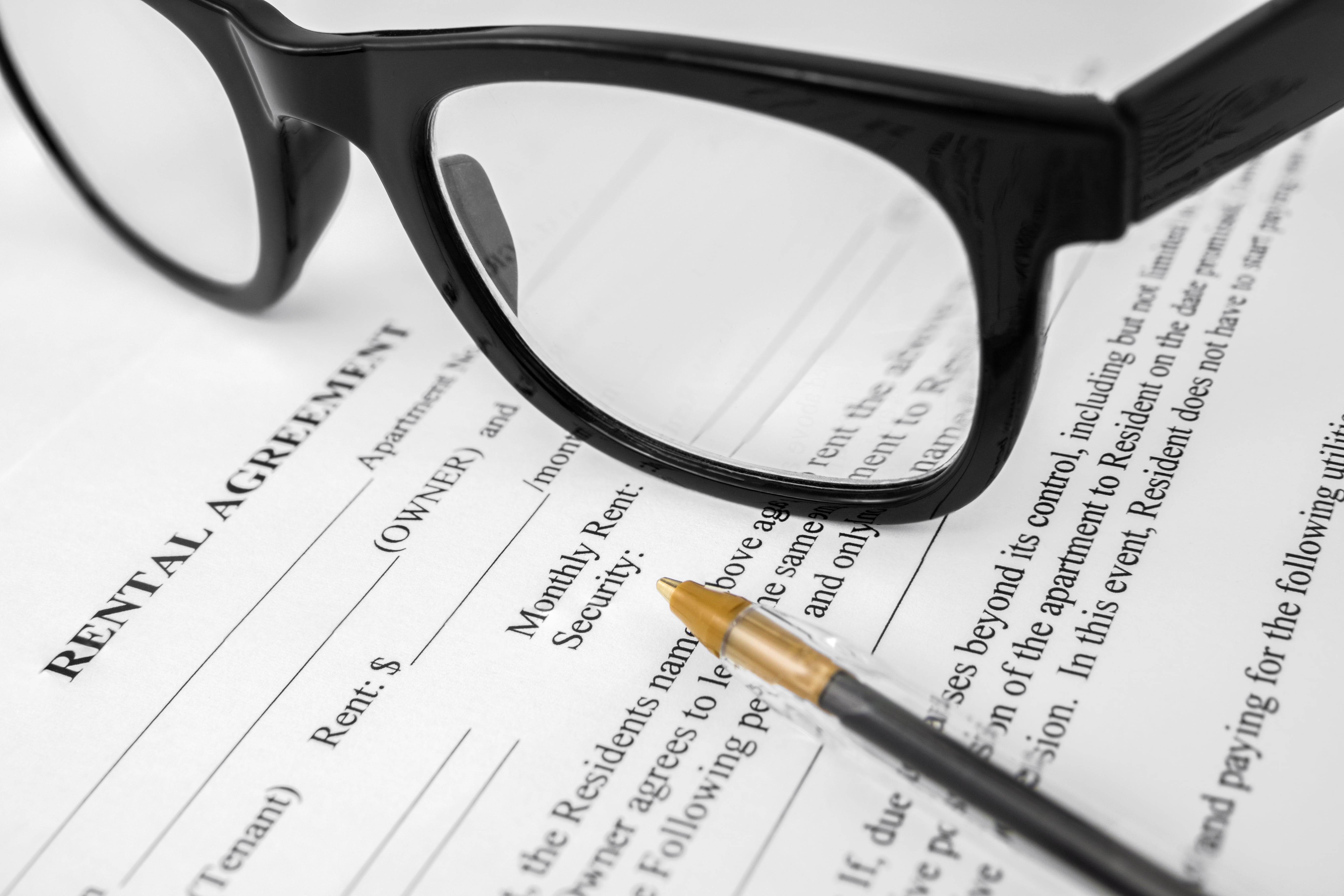
Every rental property is unique. That’s why using a generic lease agreement can backfire—especially if it doesn’t follow local laws or fit your property’s needs.
A lease is a legally binding document that defines the terms of your rental, including the length, rules, responsibilities, and more. When customized correctly, it helps avoid misunderstandings and keeps both parties accountable.
- Include HOA rules, pet policies, or unique property features
- Avoid landlord liability due to unclear language
- Ensure compliance with Florida rental laws
3. Clearly Define Maintenance Responsibilities
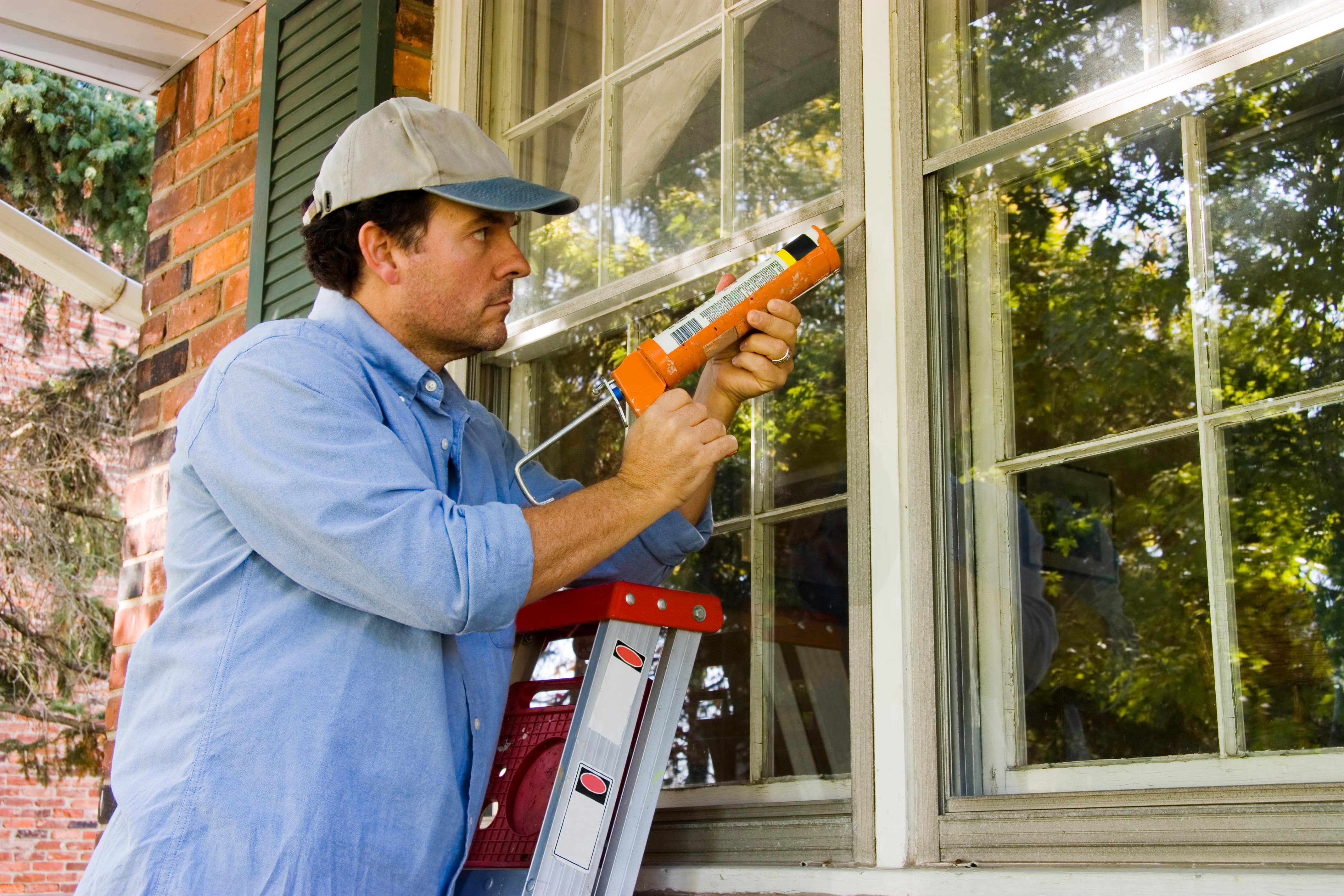
Maintenance issues are one of the most common causes of conflict between landlords and tenants. That’s why you need to spell out who’s responsible for what—before move-in day.
- Tenants may be responsible for changing HVAC filters or light bulbs
- Landlords typically cover major repairs—unless caused by tenant damage
If left unclear, tenants might assume all repairs fall on the landlord. This can lead to missed maintenance and unexpected costs.
Working with a property management company can help you handle maintenance efficiently, keeping your property in top shape and your tenants happy.
Refine Your Rental Leasing Plan

Becoming a landlord means more than collecting rent—it means building a system that works. From tenant screening to lease terms and property upkeep, each step matters.
At Allegiant Management Group, our expert team is here to help you lease with confidence. We support new landlords across Central Florida—from Kissimmee to Orlando and beyond.
Contact us today to build a profitable, hassle-free rental leasing plan tailored to your property.
Frequently Asked Questions (FAQs) - Rental Leasing
What documents should I include in a lease agreement?
Your lease should include the rental amount, due date, lease term, maintenance responsibilities, rules for pets or smoking, and any HOA restrictions.
Do I have to screen every applicant?
Yes. For legal and business reasons, you should screen every applicant using the same process to ensure fair housing compliance and protect your property.
Can I charge tenants for maintenance?
In Florida, landlords can require tenants to cover minor maintenance tasks, but all terms must be outlined clearly in the lease to be enforceable.
What’s the most common landlord mistake?
Not properly screening tenants and using vague or generic leases. These oversights can result in property damage, late rent, or legal disputes.
How can a property manager help?
A property management company handles tenant screening, leasing, maintenance, rent collection, and ensures your property stays in legal compliance.
Disclaimer: This content is for informational purposes only and does not constitute legal advice. Always consult with a qualified property attorney or licensed property manager to ensure compliance with local, state, and federal landlord-tenant laws.


